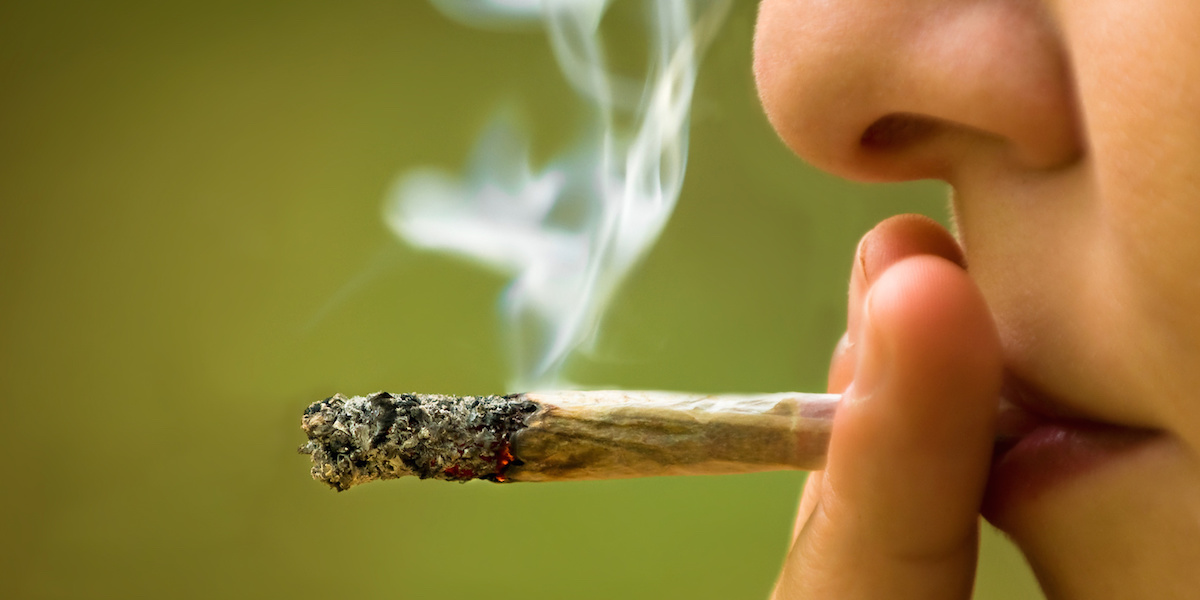
The following is excerpted from an online article posted by MedicalXpress.
University of Manitoba and Memorial University of Newfoundland researchers are reporting that legalization of youth-oriented cannabis edibles and extracts in Canada was associated with higher cannabis use among adolescents during specific study periods.
In October 2018, Canada legalized the sale of dried or fresh cannabis and cannabis oil to individuals above a legal minimum age of 18 or 19 years, depending on the province. A year later, cannabis edibles and extracts became legal in all provinces except Quebec. Products included cannabis-infused chocolates, candies, desserts, and vaping oils, which were considered more appealing to adolescents than dried cannabis.
Quebec maintained a ban on youth-friendly cannabis edibles and vaping products, citing risks of accidental poisoning and concerns about the normalization of cannabis use. Several Atlantic provinces also restricted cannabis vaping products.
In the study titled “Legalizing Youth-Friendly Cannabis Edibles and Extracts and Adolescent Cannabis Use,” published in JAMA Network Open, researchers conducted a serial cross-sectional study to investigate changes in adolescent cannabis use and cannabis harm perceptions associated with the legalization of youth-friendly cannabis edibles and extracts in Canada.
Surveys were assessed from a cohort of 106,032 students, grades 7 to 11, who participated in the Canadian Student Tobacco, Alcohol and Drugs Surveys during the 2018–2019 and 2021–2022 cycles.
Researchers compared changes in cannabis-related outcomes in provinces that legalized cannabis edibles and extracts with changes in Quebec, where youth-friendly cannabis edibles and cannabis vaping products remained banned. Analyses controlled for student grade, sex or gender, urban versus rural residence, province, and survey year.
Twelve-month cannabis use among adolescents increased from 14.6% to 15.9% in provinces that legalized cannabis edibles and extracts. In Quebec, where these products remained banned, cannabis use declined from 17.4% to 15.6%.
Use of edible cannabis rose from 7.9% to 9.5% in legalization provinces and declined from 7.3% to 5.9% in Quebec. Cannabis smoking increased from 12.8% to roughly 15.3% in legalization provinces and decreased in Quebec. Cannabis vaping increased in both groups, with a slightly smaller increase in legalization provinces than in Quebec.
Legalization was associated with lower perception of harm from occasional cannabis use. The likelihood that adolescents perceived moderate or great harm from occasional cannabis smoking declined by 5.6 percentage points. A 5.2 percentage point decline was observed in perceived harm from occasional use of other modes of cannabis intake. No changes were found in perceptions of harm from regular cannabis use.
Source: MedicalXpress
https://medicalxpress.com/news/2025-04-legalizing-cannabis-edibles-linked-adolescent.html

 Teen Loneliness Triggers ‘Reward Seeking’ Behavior
Teen Loneliness Triggers ‘Reward Seeking’ Behavior  The Hidden Mental Health Danger in Today’s High-THC Cannabis
The Hidden Mental Health Danger in Today’s High-THC Cannabis  Teen Suicide, Binge Drinking Decline, New National Data Show
Teen Suicide, Binge Drinking Decline, New National Data Show